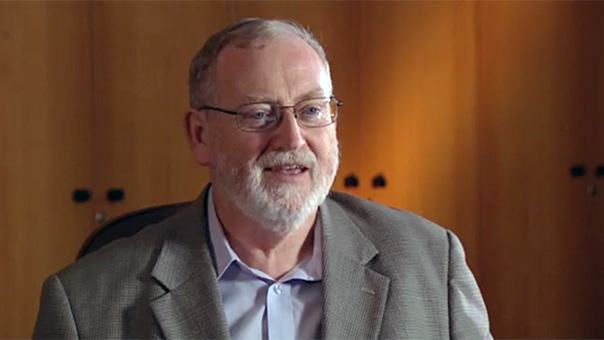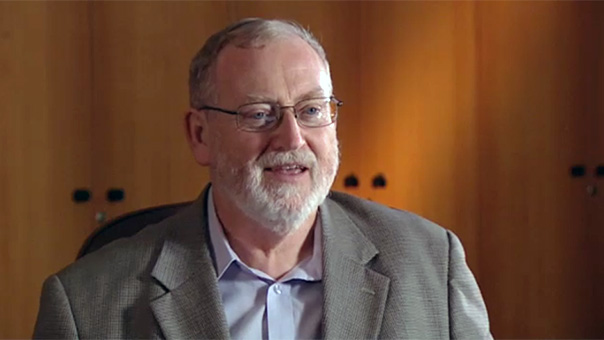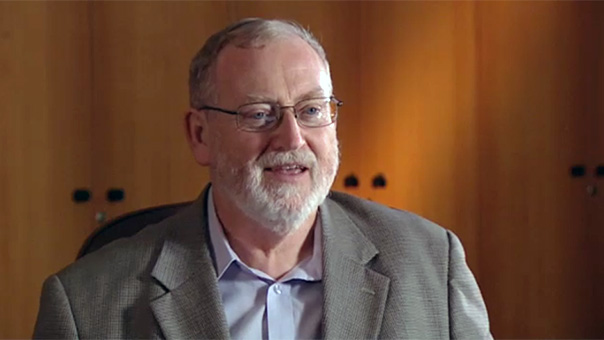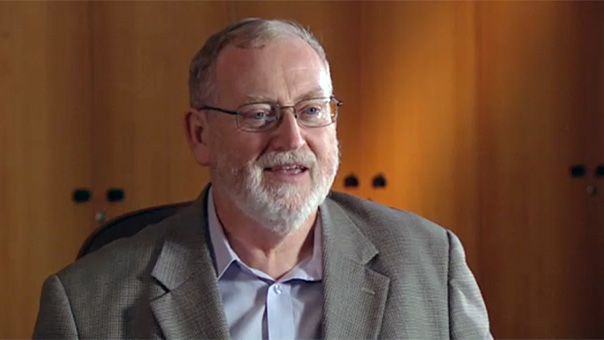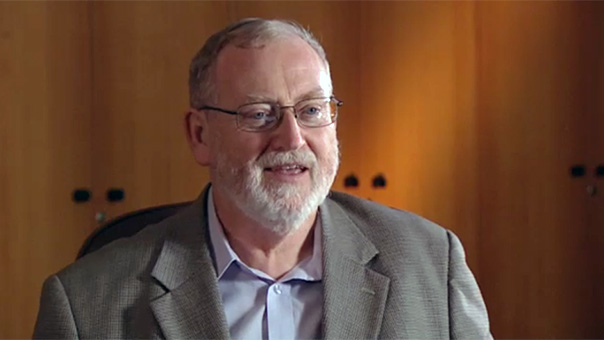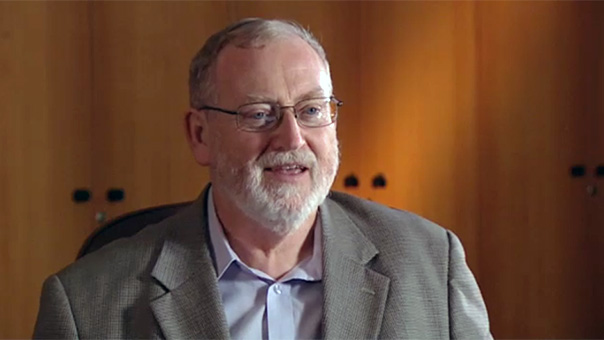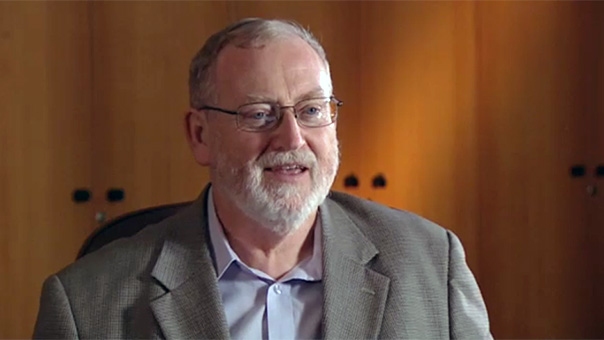3. Opportunity cost
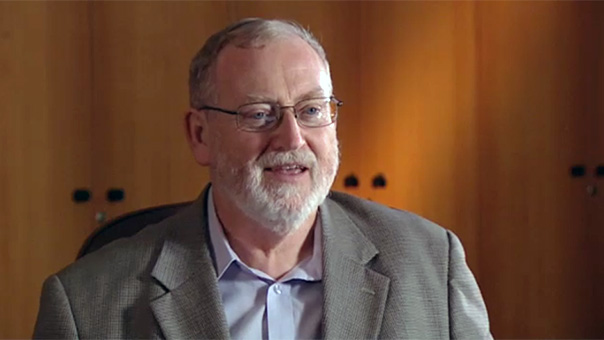
Viewing guide
Opportunity cost is defined as the next best alternative foregone. The fundamental problem of economics is the optimal use and distribution of scarce resources.
Read Ross Gittins’ 2013 article ‘How to save money and wreck productivity’.
-
Note key points in the article as well as those that could be debated.
-
How do the organisations that he is talking about use opportunity cost to yield cost savings?
-
What is the role of the market to reflect opportunity costs in the goods and services they deliver?
Gittins makes many arguable statements.
-
Note down the examples that he uses.
-
Does he justify his explanation?
-
Gittins’ comments about married mothers could be considered controversial. Why do you think he is using this group of Australian’s to support his statements?
-
Considering the article that you read prior as well as the video, how do you think economic choices impact employment conditions of individuals?
-
What aspects of your own life are influenced by economic choices?
-
Making choices sometimes means paying a cost. What costs do you pay for making those choices?
Concluding task
For each of the five situations below, suggest the opportunity (real) cost of the person’s choice.
Use a sentence that begins “When…chose the…, his/her opportunity cost was…” Be prepared to explain your answer.
-
James had a hard time deciding between the Big Burger and the Crispy Chicken sandwiches, his two favourites. He chose the chicken because he had more recently had a burger. What was his opportunity cost?
-
Mary was shopping in a clothing store. She had $100 to spend. She found three items she liked: $99 for a pair of shoes, $98 for a jacket, and $96 for a dress. After over an hour of shopping, she decided to buy the jacket for $98. What was her opportunity cost?
-
Joe was shopping for a car. He has looked at similarly priced Ford, Holden, Toyota, and Mazda models. After a lot of thought, he narrowed it down to either the Toyota or the Mazda. He selected the Toyota because he liked the interior a little better. What was his opportunity cost?
-
The city was building a new park. There was only enough money in the budget to include new tennis courts, a lap pool, a music stage, or a parking lot. At the public hearing, many of the people wanted more parking. City Council voted to build the music stage after narrowing it down to either the stage or the lap pool. What was the city’s opportunity cost?
Completing this activity gives students the opportunity to achieve the following preliminary outcomes:
-
demonstrates understanding of economic terms, concepts and relationships (P1)
-
explains the economic role of individuals, firms and government in an economy (P2)
-
identifies the nature and causes of economic problems and issues for individuals, firms and governments (P7)
-
applies appropriate terminology, concepts and theories in economic contexts (P8)
-
selects and organises information from a variety of sources for relevance and reliability (P9)
John Pierce: Most of us work in jobs where those trade-offs are not as visible or are not as controllable so what real choice do the rest of us have in that income/leisure trade-off?
Ross Gittins: Well, married women, mothers, have a lot more choice, whether to work or not work, whether to work full-time or work part-time, and that's a factor that the people who put together our tax system don't seem to take adequate notice of. But for, if you talk about people, primary earners, people who are just, you know in a full-time job and they need to be in a full-time job, they've got people they're supporting, you can say, well employers tend to give you jobs in packages. They don't tend to let you say, well, I'd like to do more, or I'd like to do less. That's true. I think you can influence it at the margin and I think that when people say, 'Look it's all, I don't like any of this but it's all forced on me, I have no choice, I'm just a cog in the great capitalist machine,' I think often what they're saying is, 'I've considered the possibilities but I'm not prepared to pay the price of exercising them.' There are ways you can, a lot of people have jobs that are very task oriented. They're not jobs that say, we expect you to arrive at nine and leave at five or six or whatever. They're jobs that say, get this thing done and then we'll give you another task. Well the extent that that's the case, you can get things done more efficiently by working harder during the ordinary hours and avoiding as much overtime to meet a deadline, bearing in mind that often the extra time you put in, the very long hours that you put in, sometimes that's unavoidable but often that extra time is not terribly productive because you're tired. I mean people are heavily affected by tiredness. I spent the first part of my life trying to reduce the amount of time, trying to increase my productivity by reducing the amount of time that I wasted sleeping until I actually started reading a few things about sleep and the benefits of sleep and now I do the reverse. I try to increase my productivity by making sure I get all the sleep I need so that when I'm there I'm bright and I can, if I'm putting the time in, it's effective time. There are ways we can do it. Sometimes we have to make really hard choices which say, 'I can get myself a big pay rise by going for this promotion, but this promotion will involve me doing a lot of extra work, coming in at the weekends, things like that, which I don't particularly want. So I'm not prepared to, I'm not, I don't aspire to do all that work just because there's a bit more money attached' - making those choices. Now they are hard choices. I mean you give up something. This is opportunity costing. There is no way you can take control of your life and fashion it in a way that's more satisfactory to you without being prepared to give up something.
